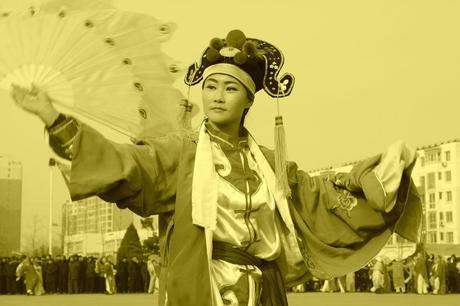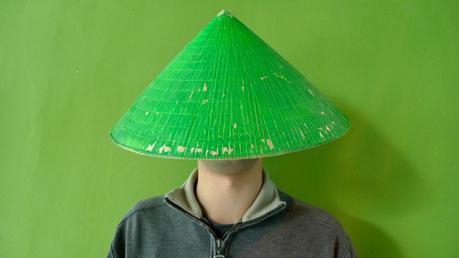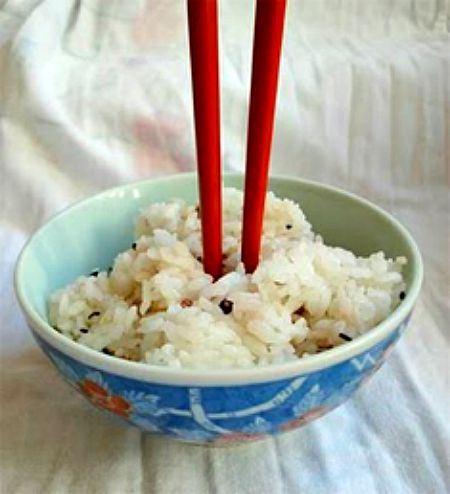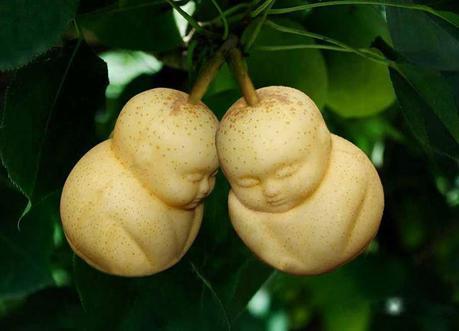
I’ve been skulking around China for the best part of 12 months now….and while it’s just a drop in the ocean as far as hardcore ‘China’ immersion goes, I am starting to piece a few bits of the puzzle together (yeh – just a few, it’s a mighty big puzzle).
A lot of the ‘a ha’ moments come from just being here….living it. At first, it’s like a cultural tidal wave – your brain struggles to keep up with the glaringly different way of life washing over you. Everything from the values, to the lifestyle, the food, even society as a whole rushes at you, utterly consuming (and often mind boggling) different to anything you know. You can’t run from it, you just have to embrace it.
With time and more conversations with locals, new Chinese friends and a Chinese teacher, who’s not just guiding me through the language but also highlighting cultural tales of the ever changing Zhong Guo (China) along the way…I’m becoming more aware of what makes this fascinating country tick. The more I learn, the more my thirst for knowledge about this gigantic beast intensifies.

One thing I can tell you without hesitation is, at the very heart of this nation is folklore. While China evolves in the public eye as a global powerhouse, it’s still a country that’s very core is built on confucianism, legend and superstitions, all of which run deep. Over thousands of years they’ve rippled through the veins of one generation after another, entrenching themselves firmly in the nation’s psyche.
Some of those ancient beliefs are taken extremely seriously while others are told in jest.
While many of these beliefs stem from legendary tales, other superstitions revolve around numbers and the language itself. Given that most Chinese words have four different meanings, a seemingly innocent word has a high chance of sounding like something else, that’s errr, not so innocent.
Take the number four which is ‘si’, you may know ‘si’ also means ‘death’...hence many places in Asia are devoid of anything relating to 4. No 4th floor, no 4th seat, no 4th button etc..etc. It’s no laughing matter!
But what does give me a giggle are the few proverbs that to this day remain part of society, despite their obvious absurdity.
One of my favorites has to be the green hat rule!
Yep! Wearing a green hat is a major faux pas and I’ve had to instruct the hotelier to ditch any hats in this hue.

THE GREEN HAT
It’s all about a love triangle. The story goes…a long time a go, a married couple lived next door to a single man – who happened to be the village tailor. The woman’s husband was a traveling businessman so was away regularly.
You can guess what happens next, the bored housewife started having an affair with her neighbour, the tailor. She asked her lover (the tailor) to make a green hat for her husband. Every time he left the village, his wife would give her husband the green hat to wear on his trip. Little did he know, it was a ‘signal’ to the neighbor,”Husband’s going out of town, I’m a free agent!”
Hence, even today, if your husband is wearing a green hat, his wife is going to be under suspicion. Suffice to say, no man in China today wears a green hat, ever! In fact, even just uttering the words “wear a green hat” – “dai lu mao zi” can get you into a great deal of trouble. It sounds the same as the word for ‘cuckold’ – the husband of an adultress! And don’t even think about giving it as a gift. I’m told it will be politely declined.
Consequently, there is also a famous Chinese movie called The Green Hat!
THE TOFU HOUSE
Meantime, the saying “Wo xi huan chi doufu” — “I like to eat tofu” is also one for men, in particular, to steer clear of. A long time ago there was a famous tofu restaurant owned by a girl who served up delicious tofu. She was also very beautiful with ivory-white skin (a sign of great beauty in China). Of course it wasn’t just the tofu people were going to the restaurant for, according to legend, men flocked to eat the tofu day after day and to look at the gorgeous girl who let the men touch her face and feel her delicate skin. (This is a lady who knew she was clearly onto a good thing!) Naturally, the wives of these men would say “Today you’ve eaten tofu again!!!” and scold their husbands for going to flirt with the pretty shop owner.
Today if you say “I like to eat tofu” in Chinese, you are basically saying you like to flirt with women.
NO SHOES FOR YOUR LOVER
If you happen to meet someone special on Chinese shores….and a little while into the relationship you think it might be a good idea to give them a gift…maybe some new shoes you’ve seen her eyeing off or perhaps you think his shoes are just not cutting it, whatever you do, don’t buy them new shoes. Basically you’re implying that you want the recipient to walk away, in other words, disappear! Oh and speaking of shoes, you all know you’re supposed to take your shoes off at the door when you go to a Chinese home, right? You’ll usually get some lovely fluffy slippers in return (that really don’t go with your outfit)!

VERTICAL CHOPTSICKS
I’ve mentioned this before but because it’s such a no no, I’ll quickly touch on it again. Chopsticks are the local tools of the trade and should not be messed with. Almost every meal is eaten with a pair of Kuai zi, and it’s considered very rude to stand your chopsticks vertically in your bowl. Why? Vertical chopsticks look like burning incense. Incense burning, is associated with making offerings at graves or tombs for ancestors. So, when you’re dining at a local ‘hole in the wall’ or invited to a Chinese friend’s home, put the chopsticks down parallel on the edge of the bowl or on the table.
THE NUMBER 250
It seems quite harmless….it’s just a number right? Wrong. No matter where you go in China, you can guarantee you will never see anything with the number 250. Period! In the shops, nothing will ever be priced at $250.
Why? In Chinese 250 or ‘er bai wu’ means crazy, or stupid idiot! If you’re bargaining it’s best not to say 250! $249 or $251 is perfectly ok!
250 has even made it into the Urban Dictionary. Unless you want to insult someone it’s best to avoid these digits.

DON’T SHARE A PEAR
As tempted as you might be to share that juicy pear you’ve just brought at the local markets with a friend, sharing a pear with your friends or families, especially your loved ones is a big taboo in China. In Chinese, the phrase for “sharing a pear” is ‘fen li’, which also happens to mean ‘separate!’ The superstitious Chinese person will interpret this as saying you don’t want to see him or her again. So unless you’re trying to give someone a big hint, keep your pear to yourself!
DONT HUG IT OUT
Chinese people for the most part lean to the conservative side when it comes to friendly greetings. (Which after Hong Kong’s kiss on both cheeks, kind of suits me, an ever so slightly affectionately challenged being when it comes to mere strangers!)
A kiss or two and a hug is often just a little bit too intense. Stand back and try for a hand shake (at the very most)! Otherwise just a polite ‘ni hao’ and a smile will suffice. Your forward affections will be seen as super embarrassing and awkward. On the other hand don’t be surprised to see two women (or men) walking arm and arm down the street. It’s perfectly acceptable for same sex, long time friends to be very affectionate in public.

UNDERSTAND THE UMBRELLA
People in China wield umbrellas just about all year round. Rain or shine, umbrellas will protect you. But just because they’re so popular and come in all colours and pretty fabrics, that’s no reason to give someone one as a wedding gift. The word for umbrella ‘San’ also means separate (go figure) so you get the gist. And if you’re at a wedding and it’s raining whatever you do, do not give the bride or groom an umbrella to shelter them. It’s a bad omen and will mean the couple is destined to separate. They’d rather get soaked, I’m sure!
If this intrigued you, check out my post In with the New, Out with the Old from CNY 2013 for a gazillion other cultural do’s and don’ts in the fabulous Orient.
Pssst… I’ve only written about ‘8’ cultural taboos in China because, well the number eight – ba sounds like fa, meaning wealth or fortune and is therefore considered very lucky! I’m not taking any chances. 😉
This is China

